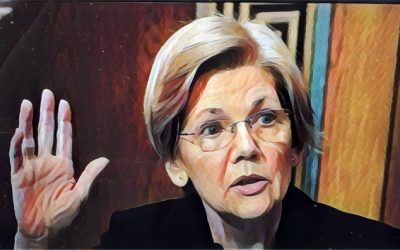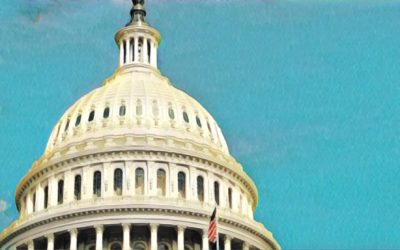Our Resources
A Digital Financial Literacy Program
Too many consumers mismanage their budgets, make uninformed investment decisions, and fail to properly plan for the future. NAFSA is committed to empowering people with the skills they need to change this trend and thrive financially. NAFSA’s Financial Literacy Program offers an assortment of digital modules covering a wide variety of financial topics, including building emergency savings, mortgage education, and retirement planning.
Tribal Online Lending Best Practices
NAFSA has developed Best Practices for the exclusive use of all NAFSA Members as it relates to their Tribal Online Lending businesses. We believe these Best Practices will help ensure consumer protection, quality service, and positive customer and industry interactions during the life of the loans made by tribal lending entities who are NAFSA members. Our Best Practices apply to all stages of the loan, including marketing, origination, servicing, collecting, and ongoing data privacy.
The Latest Financial News
Survey Finds that More Than Half of Consumers Would Prefer Fintechs over Traditional Banks
Ondot Systems, a California-based fintech company, recently released findings from a Harris Poll survey indicating that consumers are increasingly willing to try fintech companies over traditional banks and credit unions. As banks continue to collaborate with fintech...
Warren Presses Banks on Coronavirus Preparation
Last week, Senator Elizabeth Warren (D-Mass.) sent letters to the CEOs of five U.S.-based banks with foreign exposures, pressing them for their plans on how they are monitoring the economic risks of the coronavirus outbreak and planning to mitigate those risks....
House Financial Services Passes Seven Bills on Housing and Capital Markets
Last week, the House Financial Services Committee (HFSC) passed several bills, mainly concerning housing and capital markets. Included in the Committee actions were three bills passed on housing, including H.R. 149, introduced by Congressman Al Green (D-Texas). This...





